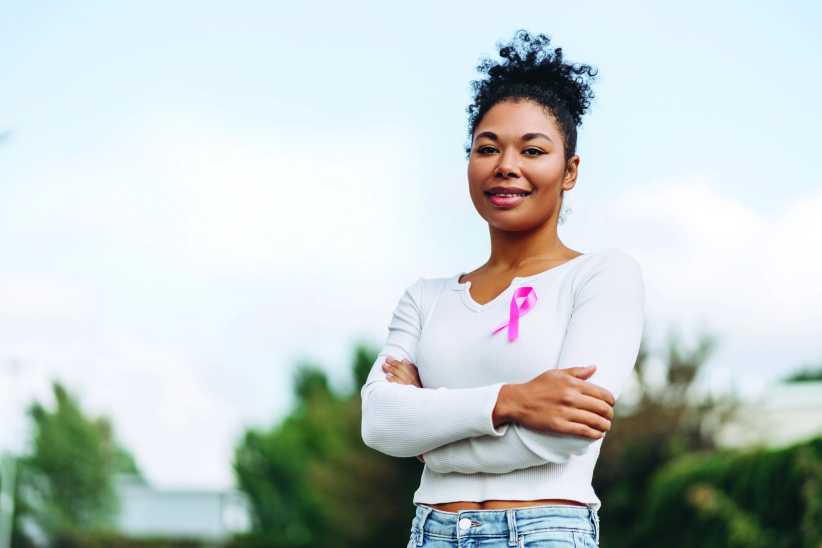Having been the middle of three daughters, upon becoming pregnant for the first time, I took for granted I would have a girl. Sure, we picked out names for both a boy and a girl and selected neutral colors for the nursery, but I just knew it would be a girl.
When the doctor announced, “It’s a boy!” I was stunned. In that momentary state of panic, self-doubt overwhelmed me. What did I know about boys? What was I supposed to do with a boy? What would a boy need? But when the nurse placed that vernix-covered, matted-haired, velvety-skinned, utterly vulnerable body on my chest, gender became irrelevant.
This was a baby, my baby. In that instant, the bond we had been forging for nine months was sealed for life. I would do whatever it took to be the parent he needed me to be to allow him to become the person he was capable of becoming. How quickly social stumbling blocks appeared to thwart my efforts. During those first days, while still in the midst of a postpartum fog, whenever I ventured out in public with my newborn, the immediate question was, “What is it?” What fun to smile politely and say, “It’s a baby,” and watch them struggle to know what to say next. If they persisted by asking, “But what kind of a baby?” I replied, “A human baby.”
This line of questioning had nothing to do with my baby. He didn’t care what kind of baby he was as long as his needs for food, warmth, comfort, cuddling, and love were being met. These questions are how we adults gather the cues we need to begin creating the reality with which we feel most comfortable. If it’s a boy, I say this. If it’s a girl, I say that. And so the socialization process to perpetuate gender stereotypes begins.
It begins the moment that announcement is made, “It’s a ___!”, whether it’s while in utero or at birth. If it’s a girl, we give her a doll. If it’s a boy, we give him a ball. She’s supposed to care for. He’s supposed to do with. She’s supposed to be sensitive. He’s supposed to be active. She should have self control. He should be carefree. She should look out for others. He should look out for himself. And the list goes on.
Well, no thank you. Not for my son! These are not mutually exclusive qualities determined by the presence or absence of a chromosome. These are human qualities. Qualities that human babies are born possessing the capacity to learn.
Over the past few months, with the current threat to human rights and equality we have witnessed, the word “hobble” keeps coming to mind. “Hobble” means to intentionally place under a handicap, to hamper, or impede one’s progress. Horses are hobbled by fastening two of their legs together to prevent them from straying.
And then it came to me, the reason the word “hobble” kept cropping up. That is what we do to our children. We hobble them to prevent them from straying too far from our expectations. The expectations which allow us to feel comfortable, even when that comfort is at the expense of their potential.
Hobbling is typical of our deeply entrenched, patriarchal system, a system that has at its foundation a belief in male superiority. Throughout history, this system has hobbled women, by:
• Denying them access to education.
• Placing them in restrictive clothing.
• Prohibiting their participation in activities.
• Inhibiting their sexuality on the one hand while commercializing it on the other.
• Making the normal biological processes of menstruation, pregnancy, childbirth, and menopause shameful.
• Devaluing characteristics or skills associated with women, including childrearing.
• Resorting to mutilation and physical violence, if necessary, in order to maintain this false superiority. For if one is truly superior, there is no need to hobble others to prove it.
Granted, we have made tremendous progress in preventing widespread hobbling, but clearly that progress is neither complete, nor secure. Prior to the Jan. 21 women’s march, I attended a meeting where an older woman announced she had marched for equal rights in the ’70s. Lamenting the renewed threat to those rights, she asked, “Why are we having to do this again?”
Respectfully I replied, “Because after we marched in the ’70s, we changed the way we raised our daughters, but we didn’t change the way we raised our sons. Until we do that, there is not likely to be lasting change.”
Benjamin Franklin wrote, “Justice will not be served until those who are unaffected are as outraged as those who are.” How empowering to see millions of females and males, of every description, take to the streets worldwide to demand protection of equality and human rights. How satisfying to have my husband and 16-year-old son accompany me in the local march. How fulfilling to know my older son was marching alongside his wife in New York City, because he doesn’t need her to be less of a person so he can feel more like a man.
Carolyn Waterbury-Tieman is a resident of Lexington, Ky. She has been married for 29 years and has two sons. She spent 15 years in various agencies and clinics as a family therapist and parent educator and has written extensively on the topic of parenting. To contact her, please e-mail parent4life@yahoo.com.













